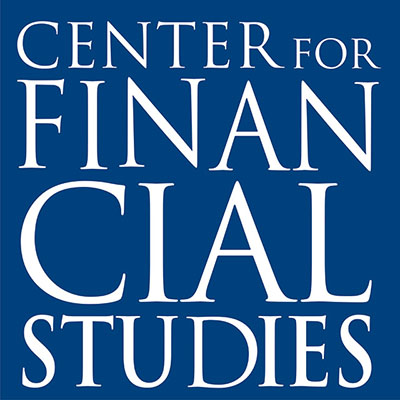CFS Index
28.10.2021
CFS survey on “Inflation and inflation expectations”
German financial sector does not believe that inflation rates will normalise in the short term – calls to abandon expansive monetary policy
Background:
The inflation rate in Germany is currently around 4%, in the Eurozone around 3%. The question is whether the ECB’s monetary policy, which has been highly expansionary for a number of years, will now actually lead to prices rising in the long term or whether this is a temporary phenomenon triggered by special factors (e.g. a temporary reduction in VAT). Some market observers expect the inflation rate to normalise to around 2% in the course of the first half of 2022.
Other market observers do not foresee a normalisation in the short term, but point to sharply rising energy prices, rising food prices and rising producer prices due to supply bottlenecks. Even the spectre of impending stagflation (simultaneous occurrence of economic stagnation and inflation) is evoked in some quarters.
The ECB has announced that net purchases under the Pandemic Emergency Purchase Programme (PEPP), which has a total volume of EUR 1,850 billion, will continue until at least the end of March 2022.
Survey results:
A survey conducted by the CFS among financial industry professionals and managers on the topic of inflation revealed a surprisingly clear picture: 72% of the respondents do not (!) expect the inflation rate to normalise to around 2% by the middle of next year. Accordingly, 87.7% of the panel participants believe that the ECB should abandon its expansionary monetary policy. As many as 88.7% of the respondents believe that the ECB should moderately raise key interest rates in the near future.
“The call for an end to expansionary monetary policy comes from an overwhelming majority of market participants. The ECB should take this on board,” says Professor Volker Brühl of the Center for Financial Studies. “Because the markets have a fine sense for when they are in danger of overheating,” Brühl continues.
58.7% of respondents continue to see the risk of stagflation – i.e. the simultaneous occurrence of a stagnating or declining economy and inflation – while 40.6% do not currently see this as a risk.
Similarly, there is a clear call for an end to negative interest rates (currently -0.5%) on banks’ deposits with the ECB. According to 81.5% of the respondents, these should be discontinued, while 15.4% are in favour of keeping them. “According to the overwhelming majority of market participants, it is time to signal the end of negative interest rates,” adds FMF Managing Director Hubertus Väth.
_______________________
We would like to thank Frankfurt Main Finance e.V. for financially supporting the project.


